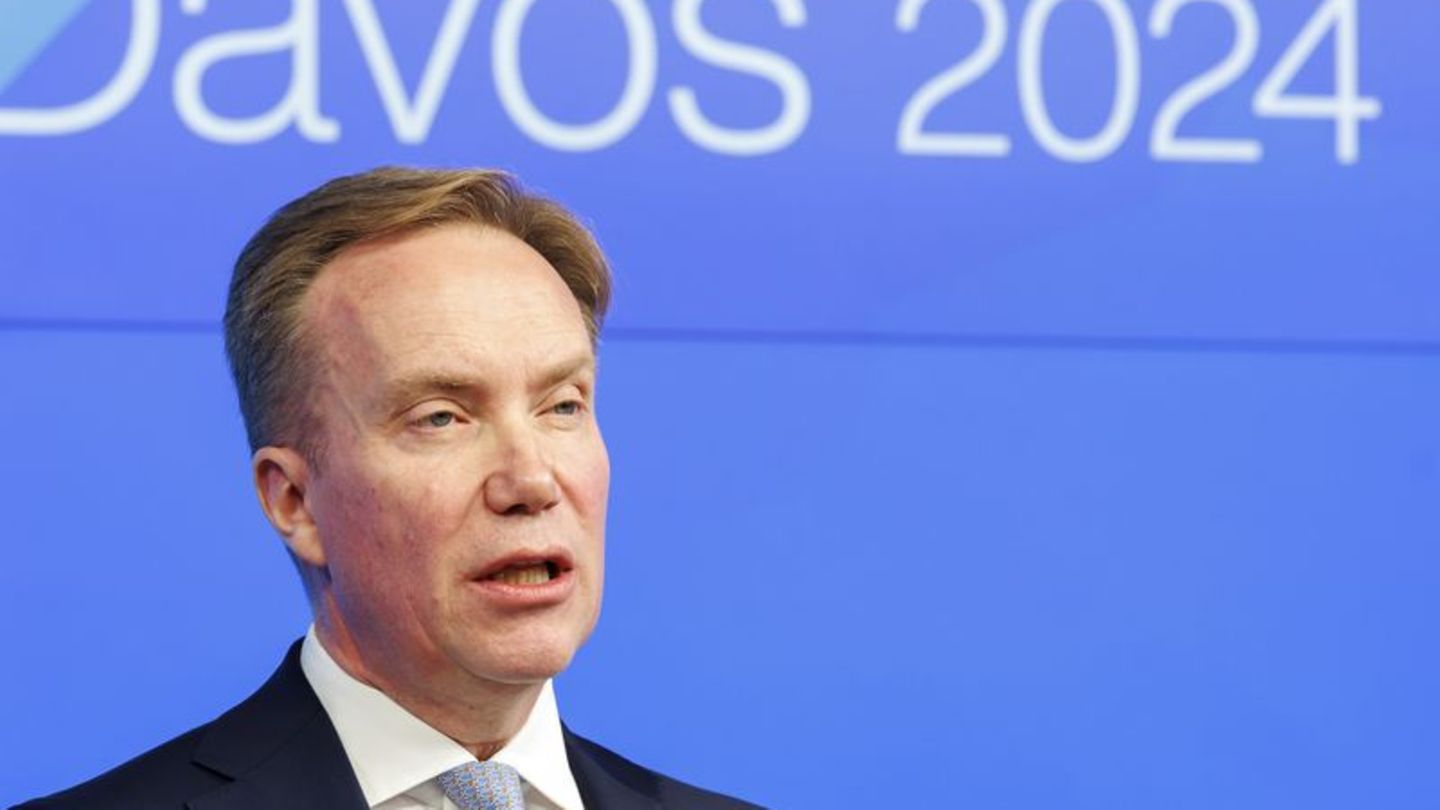The German economy is stalling. The President of the World Economic Forum is nevertheless confident that the country will soon get back on track – if it sets the right course.
The President of the World Economic Forum, Borge Brende, is confident about the country’s economic development despite the current German economic downturn. “I am more optimistic for Germany because it has an industrial base and experience,” Brende told the German Press Agency in Berlin. “This knowledge can easily be transferred from one area of the industry to new ones. It is in people’s minds, in organizations and institutions.”
Germany was once considered the sick man of Europe
Germany is already investing more in new business areas such as semiconductor technologies, cloud and data centers. In addition, the country was once considered Europe’s sick man around 20 years ago and has since found its way back to competitiveness with a series of structural reforms.
Currently, however, the signs point to stagnation. While the global economy is expected to grow by more than three percent this year, the leading economic research institutes recently reduced their forecast for Germany to 0.1 percent for the current year.
Don’t let up on investments
This is also due to the after-effects of the former dependencies on Russian gas or the Chinese market, emphasized Borge. Electricity prices in Germany are almost twice as high as in the USA. “This makes it difficult in the short term for industries that rely heavily on electricity as an input factor.”
However, Germany has already found energy alternatives with liquid gas and is now exporting more to the USA than to China.
Nevertheless, the country must be careful not to let up on investments. While other countries currently have little scope for this due to high debts, the German budget restrictions are self-imposed in the form of the debt brake. This makes it more difficult to invest in infrastructure or research and development or to provide start-up and risk capital. “There is no doubt that there is more capital available for start-ups in the USA than here in Europe.”
Source: Stern




